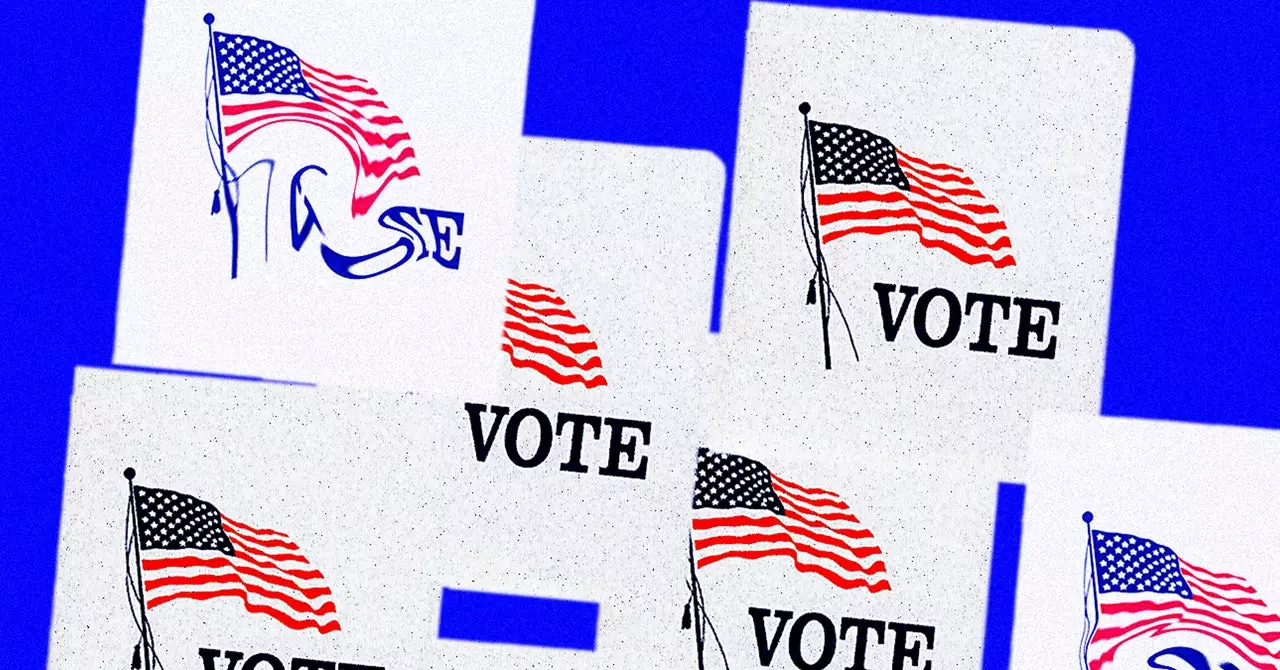When it comes to utilizing AI tools like BattlegroundAI for political purposes, the accuracy of the generated content is a major concern. There is a fear that generative AI tools have the tendency to “hallucinate” or make things up without factual basis. This poses a significant risk when it comes to conveying political messaging that could potentially influence public opinion. While there are claims that human oversight is in place to review and approve the content generated by AI, the question of reliability still remains.
There is a growing movement that questions the ethics behind utilizing AI to generate content without proper consent, especially in the realm of art, writing, and creative work. The issue of training AI models on potentially copyrighted or private data without permission raises valid ethical concerns. This calls for a discussion with elected officials and policymakers to ensure that the use of AI in political campaigns is conducted ethically and with transparency.
The Progressive Perspective
From a progressive standpoint, there are concerns about automating ad copywriting and the potential impact on the labor movement. Critics argue that relying on AI to create political content could eliminate human jobs and devalue the creative process. While proponents like Hutchinson emphasize that AI is meant to streamline tasks and reduce menial work, the debate on whether AI complements or replaces human labor in political campaigns continues.
Despite the ethical and labor-related debates surrounding AI-generated political content, users like political strategist Taylor Coots see the value in utilizing sophisticated AI tools like BattlegroundAI. For understaffed and budget-constrained campaigns, AI offers efficiency and insights into targeting voters and tailoring messages effectively. In competitive battleground races where resources are limited, the use of AI can level the playing field and maximize campaign impact.
The Trust Factor
One of the major concerns raised by experts like Peter Loge is the impact of AI-generated content on public trust in political messaging. The ability of AI to create realistic and persuasive content raises questions about authenticity and transparency in political communication. If AI-generated content is not clearly disclosed to voters, it could blur the line between genuine messaging and artificially generated propaganda, further eroding public trust in political discourse.
As AI tools continue to advance and play a larger role in political campaigns, the ethical considerations surrounding their use become more pressing. Ensuring the accuracy, transparency, and ethical implications of AI-generated political content is crucial in maintaining the integrity of democratic processes. While AI can offer valuable support to resource-strapped campaigns, the need for clear regulations and ethical guidelines to govern its use is essential to uphold the principles of fair and honest political communication.


Leave a Reply
You must be logged in to post a comment.